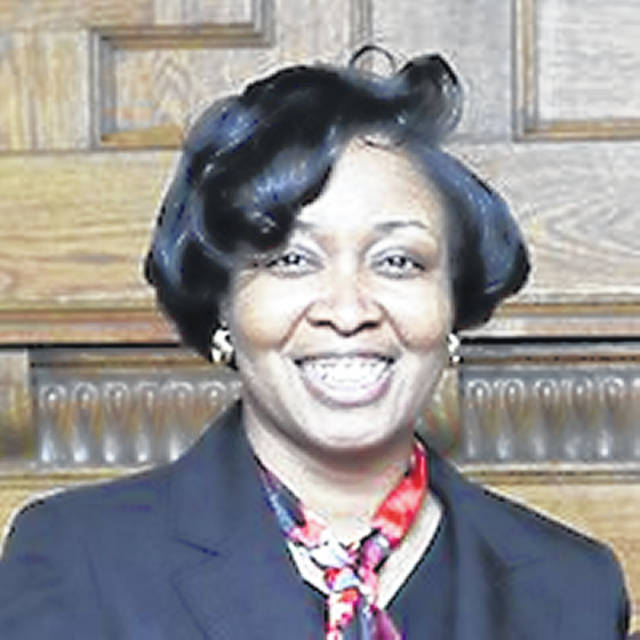The Centers for Disease Control and Prevention recently published some alarming statistics on the nation’s suicides. According to the CDC press release titled “Provisional Suicide Deaths in the United States, 2022,” the number of Americans who took their lives increased by nearly 2.6%, rising from 48,183 in 2021 to 49,449 last year. Many more men killed themselves than women. Men totaled 39,255 provisional deaths in 2022 compared to 10,194 for women, although women had a 3.8% suicide increase. The CDC report quoted U.S. Surgeon General Vivek Murthy, who pointed out with grave concern that “[m]ental health has become the defining public health and societal challenge of our time. Far too many people and their families are suffering and feeling alone.”
Murthy mentioning “suffering and feeling alone” especially stood out to me since senior citizens had an 8% increase in suicide deaths, with 10,433 tragically ending their lives in 2022 compared to 9,652 in 2021. Much of the news on suicides focuses on younger adults, millennials and Gen Zers, and seniors are often overlooked. Compounding this problem is that there is a significant shortage of geriatric mental health professionals, and there are also huge generational differences regarding perspectives on mental health, as some older adults battle with the stigma that struggling with emotional disorders is a sign of weakness.
A 2022 healthy living AARP survey provided some additional in-depth analysis on the mental well-being of older adults and found that COVID-19 triggered feelings of apprehension among those 50 and up. While most of the respondents in the 1,964 sample size said that their “emotional and mental health are very good” and that they have been resilient through the challenges of the pandemic, many also confirmed that they are still “bothered by anxiety and depression.”
Studies are showing that anxiety and depression are linked to ageism when measuring risk factors for suicide in seniors, particularly men over 65. Some of these listed by the National Alliance on Mental Illness include feelings of hopelessness about life, loneliness and isolation, and loss of independence and dignity. Older women are also seriously affected by these factors as many are overwhelmed with low self-esteem and may not have the firm family and friend support systems they enjoyed when they were younger.
When thinking about how suicide risk is closely connected to ageism, I believe that our culture devaluing older people and viewing them as a burden plays a significant role. I have started paying more attention to little details of interpersonal interactions of seniors that I have observed, such as people being impatient with them when they take a little longer at check-out lines in stores due to them paying cash or writing checks rather than using a debit card. Many seniors who are carefully driving the speed limit get honked at by rude motorists in a useless hurry.
These types of incidents fall under the day-to-day social experiences that reflect stereotyped attitudes against older people. Ageism stereotypes also trigger feelings of lacking purpose, which is tied to job discrimination that many older adults encounter. People in their 60s and 70s who are still capable of working and would like to extend their careers or pivot in a different direction are often met with resistance from employers who believe seniors do not have anything worthwhile to contribute.
Researchers are advocating for more prevention programs that address the suicide risks of seniors in their communities. These initiatives are essential for those who are most vulnerable, and one of the most beneficial community support systems that I grew up seeing for the elderly is the church. Unlike the heavily ageist culture that we live in today, I was taught in church to treasure the seniors during my youth for their wisdom and understanding. It was instilled in me that growing old was a blessing from God and that long life was a promise of His salvation. As a child, I saw seniors in important leadership positions on church boards and auxiliaries, many who were well over 65, and they were respected for their knowledge. They were “flourishing” as Psalm 92:14 says, and still “bring[ing] forth fruit in old age.”
I strongly believe that one of the most powerful ways to begin impeding the growing threat of suicide among seniors is to reassure them that they can still bear fruit in this golden season of their lives. They greatly need this spiritual encouragement in addition to resources from mental health centers that will combat the demoralizing effects of ageism.
Dr. Jessica A. Johnson is a lecturer in the English department at The Ohio State University-Lima. Reach her at [email protected] or on Twitter @JjSmojc. Her opinion does not necessarily represent the views of The Lima News or its owner, AIM Media.







